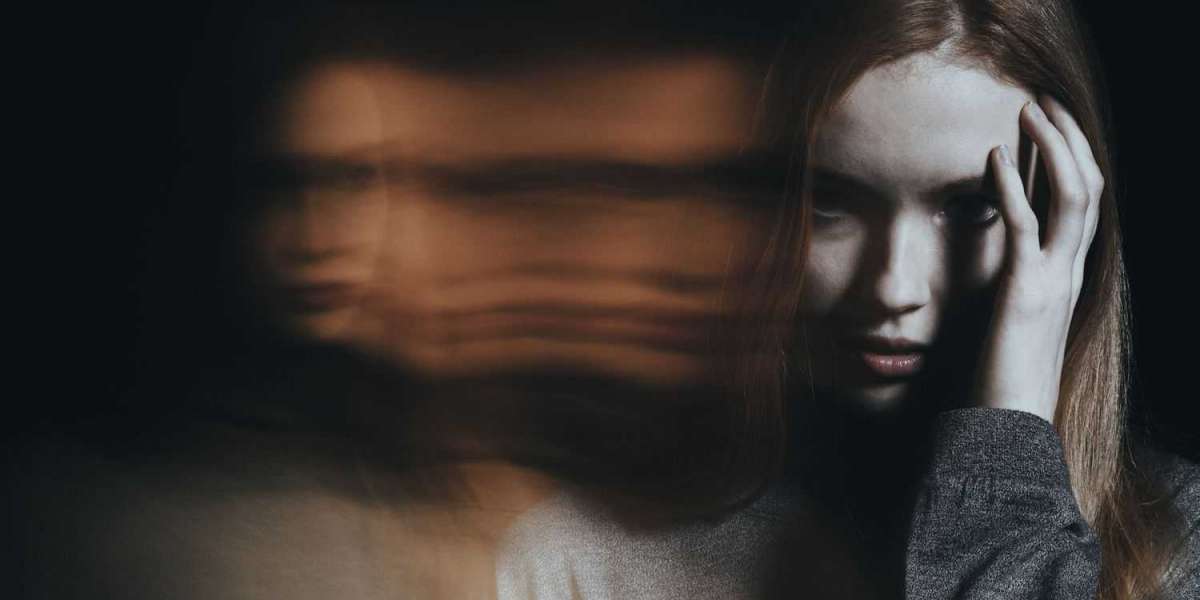Psychotic disorders are a group of mental illnesses that are characterized by psychotic symptoms, which include delusions and hallucinations. Delusions are false beliefs that are not based on reality, while hallucinations are perceptions that occur without any external stimulus. Psychotic disorders can be very disabling, and they can affect a person's thoughts, emotions, and behavior.
Some examples of psychotic disorders include:
Schizophrenia: This is a chronic and severe mental illness that affects how a person thinks, feels, and behaves. Symptoms include delusions, hallucinations, disorganized speech, and disorganized behavior. Schizophrenia usually begins in the late teenage years or early adulthood.
Delusional disorder: This is a mental illness in which a person has one or more persistent delusions that are not caused by any other mental illness. The delusions may involve persecutory beliefs, grandiose beliefs, or jealous beliefs, among others.
Brief psychotic disorder: This is a sudden and short-lived episode of psychotic symptoms that lasts less than one month. It can be triggered by a stressful or traumatic event.
Substance-induced psychotic disorder: This is a type of psychotic disorder that is caused by the use of drugs or alcohol. It can be a side effect of medication or a result of withdrawl from a substance
Psychotic depression: This is a type of depression that is accompanied by psychotic symptoms such as delusions and hallucinations.
Treatment for psychotic disorders typically involves a combination of medication and psychotherapy, and may also include other types of interventions such as cognitive remediation and social skills training. The goal of treatment is to reduce symptoms, improve quality of life, and help the person function as well as possible.





